It’s the first authors’ Round Robin of the year, and another thought-provoking topic for me, both as a writer and an editor.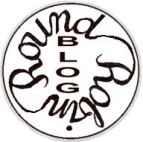
Whose point of view do you like to use when writing your novels? And do you switch between characters? If so, how?
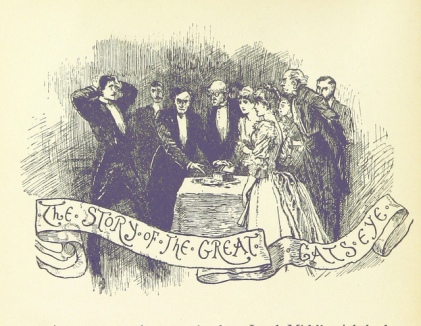
I’ve actually been thinking a lot recently about how other writers use point of view. My husband bought me an old crime novel for Christmas. It’s called Thirteen Guests, and is by J. Jefferson Farjeon. It’s a fabulously creepy old mystery, published in the 1930s. I haven’t finished reading it yet, but the plot is great, and I can’t work out who the murderer is at all. One thing I’ve noticed with these older books, though, is that often the author changes point of view between characters willy-nilly. In fact Farjeon might as well have called his book Thirteen Points of View – or maybe more!
Whose point of view should a writer use?
The point of view in a story is the perspective from which the story is told. Jane Eyre is told in the first person 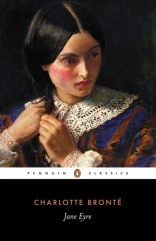 from Jane Eyre’s perspective, using “I” (“Reader, I married him”). Because it’s all told from Jane’s point of view, we don’t get to find out what Mr Rochester is thinking, except when Jane tells us what she thinks he might be thinking, if you see what I mean. For this reason, when Jane finds out Rochester is married, it comes as as much of a surprise to us as it does to Jane. We have only seen things from her point of view.
from Jane Eyre’s perspective, using “I” (“Reader, I married him”). Because it’s all told from Jane’s point of view, we don’t get to find out what Mr Rochester is thinking, except when Jane tells us what she thinks he might be thinking, if you see what I mean. For this reason, when Jane finds out Rochester is married, it comes as as much of a surprise to us as it does to Jane. We have only seen things from her point of view.
With third person – “she said”, “he said” – the author has more scope to show different points of view by switching between characters. In the romance genre, the convention used to be to use the third person and only show the events of the story through the heroine’s eyes. Nowadays most romance novels also show events from the hero’s point of view. I love to write in this way. I like to show what the hero is thinking, and I think it adds an extra dimension to the story. However, I do have a novel told entirely from the heroine’s point of view. In In the Mouth of the Wolf, the reader doesn’t know what the hero is thinking. This way I was able to bring about a twist and a dramatic surprise for the heroine that the reader could never have guessed at. I could only keep the element of surprise by not showing the hero’s thoughts.
How to alternate points of view in a story
I’ll admit, alternating between points of view is not easy. As a writer you have to build up a seamless transition, so 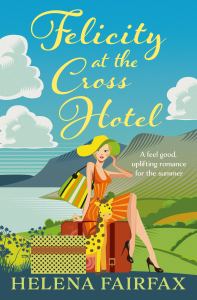 that the reader isn’t bewildered and flummoxed by the new point of view, and the story flows smoothly. I’ve noticed in a lot of psychological thrillers the convention is to have alternate chapters devoted to a particular character, which is one way of handling it. Many readers love this. They say it adds to the page-turning quality and makes them want to keep reading. In my novel Felicity at the Cross Hotel, the chapters alternate between the hero and the heroine’s point of view, and I enjoyed writing like this. It gave some structure and suspense to the story.
that the reader isn’t bewildered and flummoxed by the new point of view, and the story flows smoothly. I’ve noticed in a lot of psychological thrillers the convention is to have alternate chapters devoted to a particular character, which is one way of handling it. Many readers love this. They say it adds to the page-turning quality and makes them want to keep reading. In my novel Felicity at the Cross Hotel, the chapters alternate between the hero and the heroine’s point of view, and I enjoyed writing like this. It gave some structure and suspense to the story.
In my other novels, I’ve always kept the heroine’s point of view the main focus, with the hero having his say when it fits the story. Even here, though, I have a structure, and the hero’s point of view is shown around a third of the time. The convention I use to show the switch in point of view between hero and heroine is a line break between the sections, or else a line break with an asterisk.
Does “head-hopping” – or frequent changes in point of view – really matter?
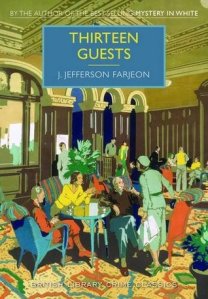 Does it matter that the author of Thirteen Guests alternates point of view between his characters in an arbitrary way? I was thinking about that for this post, and about whether his frequent and random changes of point of view make a difference to my enjoyment of the story. I’d have to say yes, it does matter. His story is well plotted, but it doesn’t quite have that page-turning quality because I’m not emotionally engaged with any particular character. The point of view keeps chopping and changing. It’s actually a bit disorientating at times, and at one point I’d entirely forgotten a character was part of the set up, until suddenly his point of view reappeared.
Does it matter that the author of Thirteen Guests alternates point of view between his characters in an arbitrary way? I was thinking about that for this post, and about whether his frequent and random changes of point of view make a difference to my enjoyment of the story. I’d have to say yes, it does matter. His story is well plotted, but it doesn’t quite have that page-turning quality because I’m not emotionally engaged with any particular character. The point of view keeps chopping and changing. It’s actually a bit disorientating at times, and at one point I’d entirely forgotten a character was part of the set up, until suddenly his point of view reappeared.
As a writer it’s sometimes difficult to see things from a reader’s point of view. Writers can think everything is crystal clear. A good editor can help a writer to see when the changes in point of view aren’t working, or even whether the story should be written from a different point of view altogether.
***
Another interesting subject for writers and lovers of books. Thanks so much, author Robin Courtright, for setting the topic and for organising it!
If you’ve enjoyed this topic, or have any questions or comments at all, please let me know. And if you’d like to find out the points of view of the other authors in our Round Robin, please click on the links below.
Dr. Bob Rich https://wp.me/p3Xihq-1ag
Connie Vines http://mizging.blogspot.com/
Fiona McGier http://www.fionamcgier.com/
Judith Copek http://lynx-sis.blogspot.com/
Marci Baun http://www.marcibaun.com/blog/
Anne de Gruchy https://annedegruchy.co.uk/category/blog/
A.J. Maguire http://ajmaguire.wordpress.com/
Skye Taylor http://www.skye-writer.com/blogging_by_the_sea
Anne Stenhouse http://annestenhousenovelist.wordpress.com/
Beverley Bateman http://beverleybateman.blogspot.ca/
Rhobin L Courtright http://www.rhobinleecourtright.com
Diane Bator http://dbator.blogspot.ca/

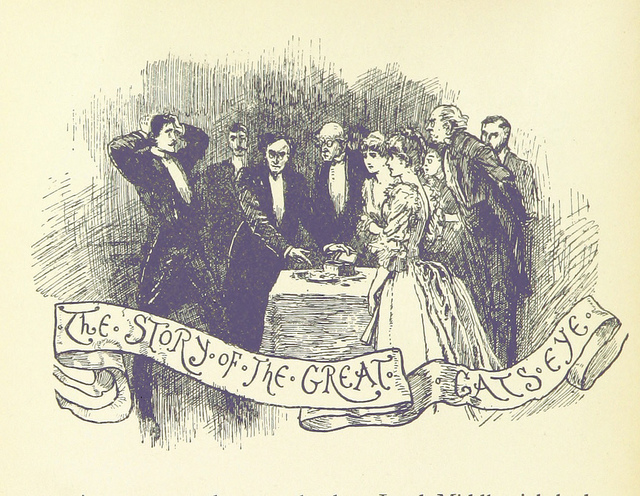
Leave a Reply